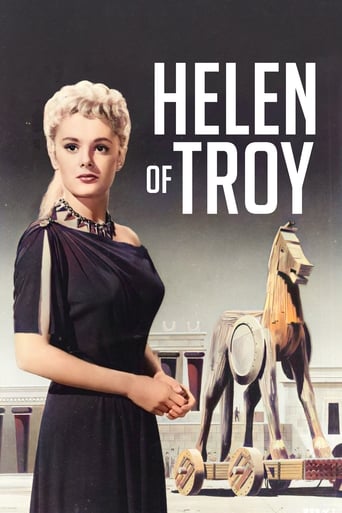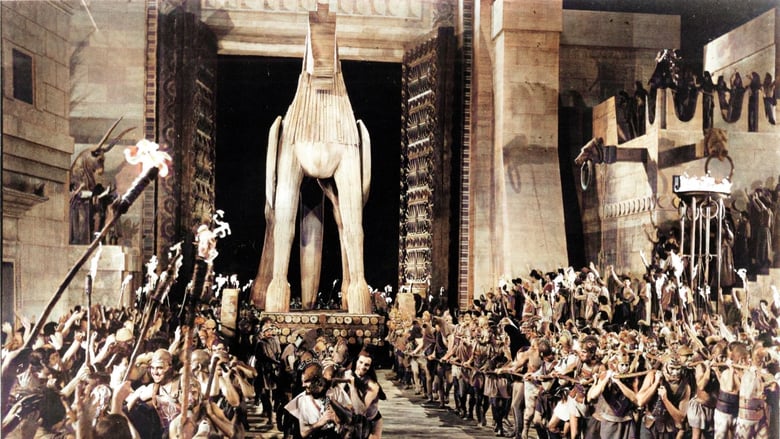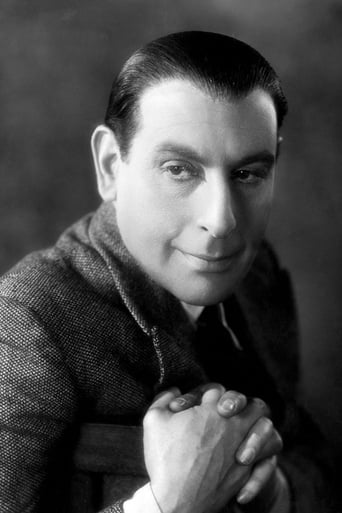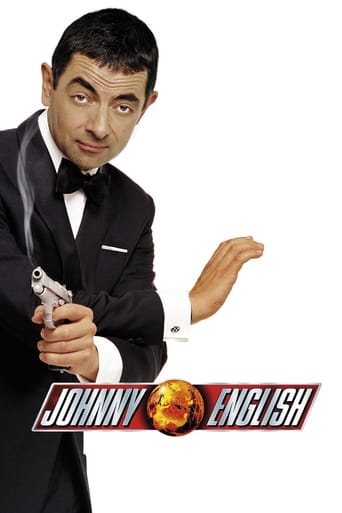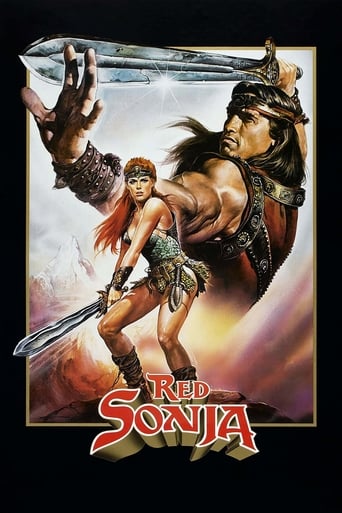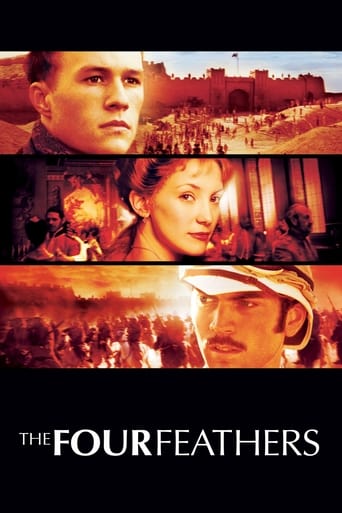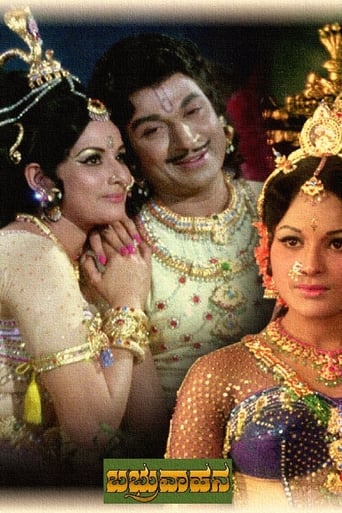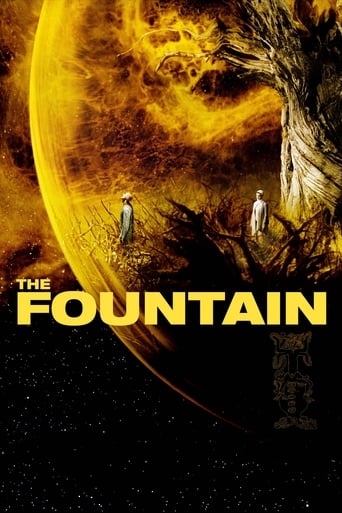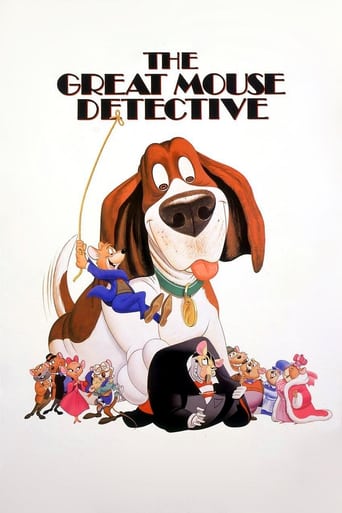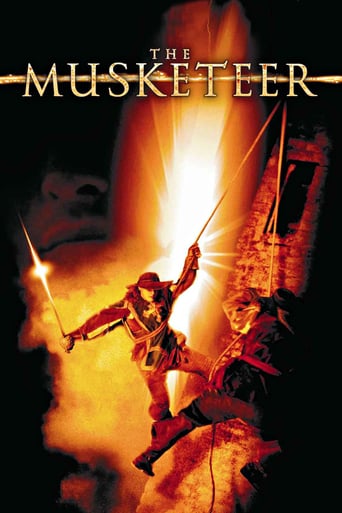Helen of Troy (1956)
Prince Paris of Troy, shipwrecked on a mission to the king of Sparta, meets and falls for Queen Helen before he knows who she is. Rudely received by the royal Greeks, he must flee...but fate and their mutual passions lead him to take Helen along. This gives the Greeks just the excuse they need for much-desired war.
Watch Trailer
Free Trial Channels
Cast


Similar titles
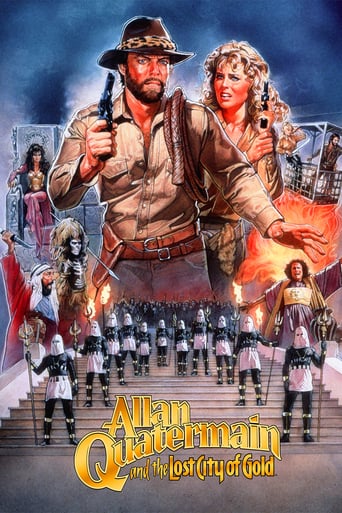
Reviews
the audience applauded
Clever and entertaining enough to recommend even to members of the 1%
Your blood may run cold, but you now find yourself pinioned to the story.
I think this is a new genre that they're all sort of working their way through it and haven't got all the kinks worked out yet but it's a genre that works for me.
I can't believe some of the comments here in the reviews. The film is dated of course, and from our comfortable viewpoint in the age of CGG a lot of the special effects are deeply unconvincing now. But even allowing for this, Helen of Troy is so bad that it is almost laughable. The scripting is awful, just awful, with no characterisation at all. The performances suffer as a result, you can see the likes of Hardwicke and Andrews writhing in an agony of embarrassment as they deliver the most ridiculous shallow trite codswallop lines. The writers seem to feel the need to explain almost everything in a dreadful didactic screenplay that allows the viewer to decide nothing for him/herself at all. The beginning of the movie spells out the historical background as if no one had ever heard of ancient Greece; I know they had American audiences to take into consideration, but the patronising way we are told everything twice to make sure we understood the action is really awful.I honestly can't believe the comments above describing this movie as a great epic film. Even allowing for the comparatively primitive cinematography and the relative sophistication of today's audience, this movie truly stinks.
Paramount and Cecil B. DeMille kick-started the 1949-66 wave of ancient world epics with the biblical tale Samson and Delilah, while MGM and Fox made their mark with gospel spin-off stories Quo Vadis and The Robe respectively. Warner Brothers were a bit slower to jump on the bandwagon, and when they did the fables they chose were refreshingly pagan. In 1954 they produced the delightfully silly Land of the Pharaohs, and followed it up with this, one of the best-known and most enduring myths of ancient Greece.Pictures like this have a reputation for being somewhat corny and insincere. And Helen of Troy is a shameless part of that tradition. It is admittedly a neat and fast-moving retelling of the legend, but its dialogue ranges from laughable to banal. Characters make wooden statements that were obviously someone's idea of ancient wisdom. Slaves talk back to their masters without so much as a telling off. What is particularly inept is the way the writers obviously felt they had to get in famous lines like "The face that launched a thousand ships" and "Beware of Greeks bearing gifts", so we have to listen to them bending the dialogue towards these clichés, to the point where they sound utterly trite – "Hmm, that's a lot of ships out there, at least a few hundred no I'd say a thousand. And what launched them, eh?" Other than poor writing, another thing that tended to make these epics lacking in intimacy was poor use of the new Cinemascope aspect ratio. This was a big problem in The Robe, which was the earliest release in that format, but Helen of Troy's director Robert Wise handles the wider image with care. While he takes full advantage of the extra space for crowds and spectacles, for the more intimate scenes he brings the performers closer to the camera, and mutes the backgrounds so as not to overwhelm the moment. He also makes great use of tiny bits of light or movement, especially the recurring fire motif, to draw our attention to certain bits of the screen, defying the tendency for individuals to get lost in a big screen. One of the best examples of Wise's control here is the first scene at the Spartan palace where Paris and Ajax have their knuckleduster dual. It's pretty clear that Jack Sernas and Maxwell Reed fight like, well, like a couple of bad actors, but Wise instead focuses us on the fervour of the crowd to give us a more savage impression of the brawl. He then moves in to close-ups of Niall MacGinnis and Rossana Podesta against plainer backgrounds, but still with a little movement in the frame to match their emotions.But all this sensitive direction cannot save us from some appalling acting performances. I can see why Sernas and Podesta were cast in the lead roles. They are both young and beautiful, and their unfamiliar faces give them a freshness and innocence. But they can't act, and the dubbing doesn't help. It's not all bad though. Niall MacGinnis gives a tremendous performance. He boils the character of Menelaus down to nothing more than a jealous husband, and his intense manner dominates the screen. Stanley Baker is also really good, radiating thoughtless aggression with his every move. As for the rest, no-one really stands out or satisfies, even such worthy names as Cedric Hardwicke and Nora Swinburne.The Warner Brothers epics of the 50s were really little more than B-picture with A-budgets. Like the equivalent productions at rival studios, they featured gargantuan sets, hordes of extras and breathtaking spectacles, but they also suffered from weak scripts and dull casts. Still, some of Robert Wise's best efforts up to this point were actual B-pictures that he had treated with credibility and managed to eke some depth and sentiment out of. It is his intelligent handling of the elements in the frame plus the handful of classy performances that raise this one just a little above a mediocrity.As a kind of postscript to this comment, here are a few miscellaneous points of interest. Max Steiner's score has his usual habit of commenting hysterically on every line or movement, but there are some nice little musical touches to the scene of the Greeks marching on Troy that are worth listening for. Later on, have a look at those siege towers. Isn't it convenient that the trapdoors fit exactly between the battlements of the Trojan walls? They must have got someone to go round with a tape measure before they built them. And finally, listen out for an early use of the Wilhelm scream sound effect, decades before it became hip and ironic.
Go up to any film fan and ask them the title of the film which was directed by Robert Wise, with second-unit direction by Yakima Canutt and Sergio Leone, was designed by Ken Adam and scored by Max Steiner, starred Sir Stanley Baker, Sir Cedric Hardwicke and Brigitte Bardot, was filmed in colour, scope and stereo, at Cinecitta in 1955, with a thousand extras - and they'll tell you to go away and stop being silly.They'll tell you that no such film EXISTS. That the names you've quoted NEVER worked together - they weren't even contemporaneous. And that you've just picked the names out of a movie publication at random and are attempting to befuddle them.At which point you can direct them to IMDb and show them the cast and crew of "Helen Of Troy". They'll be amazed! This lesser-known sword-and-sandal epic has ALL these names and more - Niall MacGinnis, Janette Scott and good old Harry Andrews.And it is certainly an oddity. After the war, 1,000 Italian extras cost about $25 a day and toga dramas were a staple of Italian cinema. The orgy scenes were shot twice - one with tops, the other without (you can guess which version Britain and America got). I believe even La Sophia is an extra in this one.Either way, the names STAGGER the mind. But it's really just a coincidence. All of said names were either just reaching the ends of their careers (Canutt, Steiner) or beginning them (everybody else).Only Robert Wise and Niall MacGinnis were in the middle of their careers.For the record, Leone was uncredited and learning his trade - Adam still had to invent the descending circle in the ceiling of sets (a trademark he'd go on to put into all the early Bonds) - Baker had yet to star in and help produce the likes of "Zulu" and "Robbery" - and go on to direct a Welsh TV company called Harlech - then die tragically young.While Harry Andrews would go on to become one of Britain's favourite character actors - Janette Scott (Thora Hird's daughter) would never make the really big time, but who can forget her in "Day Of The Triffids" (even though her bit was added later - for padding and a happy ending) or "Crack In The World"?Sir Cedric was theatre, but knew how to mug on film - and Bardot... was BARDOT, for gawdsake!But what were these stellar people DOING in this camp old nonsense? Don't ask me. The two main stars were no-name Italians - Helen had a moustache and Paris was pretty - while the Brits were only there for support.To summarise, I think you can just mark this one up as a major FLUKE. In stereo. To be honest, if I hadn't seen it - I wouldn't believe it EITHER!
Greek colonies go to war after Queen Helen of Sparta defects with a robust Trojan prince. Rather tacky costume spectacle (directed by Robert Wise!) is skimpy on action and adventure, high on soapy theatrics. The scantily-clad cast features lackluster Rossana Podestà as Helen and Stanley Baker as Achilles, neither of whom make the slightest impression. Cedric Hardwicke pops up in a colorful supporting part, but most notable is Brigitte Bardot in an early role as "mousey" brunette slave-girl Andraste. Rather ridiculous time-filler whose depiction of history is suspect; it is sure to infuriate any would-be scholars, but those looking for Cecil B. DeMille-styled histrionics will get a laugh or two. ** from ****

